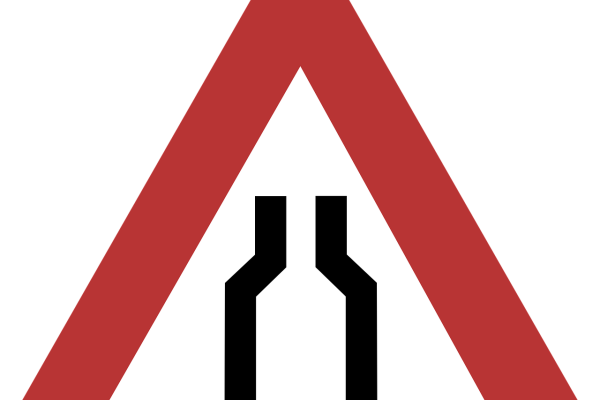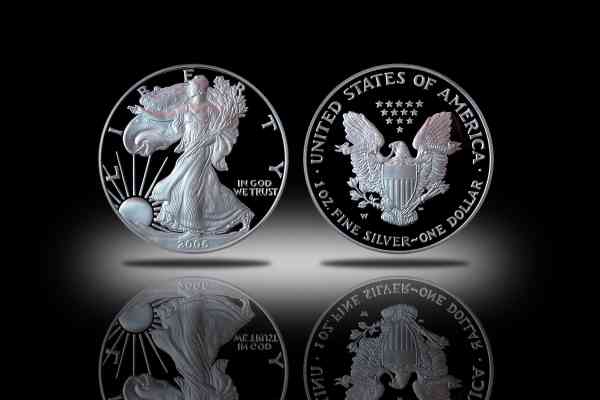March 15th, 2023 | 10:18 CET
JinkoSolar, Manuka Resources, BYD - Vanadium raw material as an insider tip
China and Russia are the two leading vanadium producers, with the Middle Kingdom producing 70,000 tons in 2022, more than 4 times as much vanadium as Russia. South Africa came in 3rd place with 3,000 tons. As a result, the metal has made it onto the list of critical raw materials in the US and Europe. In addition to common applications in steel production, catalysts and aerospace, the raw material is now coming into focus because of new vanadium redox batteries that can be used as energy storage devices and have a longer lifespan. The batteries are scalable, safer, and more environmentally friendly and can thus contribute to the energy transition. Commercialization is already starting, but vanadium is scarce.
time to read: 4 minutes
|
Author:
Armin Schulz
ISIN:
JINKOSOLAR ADR/4 DL-00002 | US47759T1007 , Manuka Resources Limited | AU0000090292 , BYD CO. LTD H YC 1 | CNE100000296
Table of contents:

"[...] We will trigger indirect creation of 1,665 new jobs nationwide, while directly employing 300 staff - 270 operational and 30 administrative. [...]" Dennis Karp, Executive Chairman, Manuka Resources Limited
Author
Armin Schulz
Born in Mönchengladbach, he studied business administration in the Netherlands. In the course of his studies he came into contact with the stock exchange for the first time. He has more than 25 years of experience in stock market business.
Tag cloud
Shares cloud
JinkoSolar - Margin shrinks
Vanadium redox batteries (VRBs) are a promising technology for storing energy from solar plants. Most solar systems generate energy only during the day when the sun is shining and therefore have limited capacity to supply power during the night or in bad weather. However, VRBs can store excess energy generated during the day and release it when needed to ensure a continuous power supply. Renewable energy is heavily subsidized in the US and Germany - ideal conditions for solar module manufacturer JinkoSolar.
On March 10, the group presented its figures for the 4th quarter which clearly show that it is benefiting from the energy turnaround. The Company significantly increased its module shipments compared to the previous year. In December 2022, JinkoSolar's high-efficiency N-type monocrystalline silicon solar cell set a new record with a maximum efficiency of 26.4%. In Q4, N-type modules with a capacity of about 7 GW were shipped, reaching the set target of 10 GW. The Company reported total revenue of USD 4.41 billion for the fourth quarter, up 55.8% from the previous quarter and 85.5% from a year earlier. Gross profit was USD 620 million, up 39.2% from the previous quarter and 61.7% YOY.
At first glance, these are very good figures, but the margin has fallen. This upset shareholders and the share price fell to USD 46. The China risk certainly also plays a role here. In the long term, however, more and more competitors should fall by the wayside in the price war. Currently, one is already paying USD 50.46 for a share. Most analysts remain bullish on the share.
Manuka Resources - 25,000 tons of vanadium per year possible
Manuka Resources operates the Mt Boppy gold project and the Wonawinta Silver project in New South Wales, Australia. Both properties are located in the Cobar Basin and have historical production. On February 14, the Company released a strategic exploration report highlighting the potential of the projects. AUD 8 million is expected to be spent on exploration activities this year and next to increase the inventory of indicated mineral resources. In addition to gold, silver and copper, other base metals are expected to be unearthed in the 24,000 m drilling program. A resource target of 22-35 million ounces of silver and 250,000-530,000 ounces of gold has been issued. A processing plant already exists.
These are good conditions to help fund the latest achievement, the Taranaki Green VTM project off the coast of New Zealand. The area contains 3.2 billion tons of iron sand, vanadium and titanium according to a JORC-compliant study. With 1.6 million tons of vanadium, it is one of the largest deposits in the world. It is currently estimated to have an annual production capacity of 25,000 tons of vanadium. That would make the Company the world's second-largest producer in one fell swoop. Titanium accounts for 8.4% and iron ore for 55-57%. A mining license has already been obtained, and the costs for mining are very favourable, while CO2 emissions are very low compared to the competition.
Mining is done by ship, which sucks up the sand with the help of a magnetic separator. As the demand for vanadium, in particular, is expected to increase significantly in the coming years, the growth prospects are very good. Those who want more information about the Company should watch the company presentation on YouTube from the International Investment Forum. With the announcement of the acquisition of the Vanadium project last November, the share price rose to AUD 0.205. Currently, the share is available for just AUD 0.065. If the Company succeeds in securing financing for the vessel as planned in Q1 2024, the stock will face a revaluation.
BYD - Bloomberg report denied
Whether vanadium is also an option for electric car batteries remains to be seen. BYD has the leading batteries for electric mobility with its Blade batteries. The latest Bloomberg report, which stated that BYD would no longer supply Tesla, was initially denied by BYD. Meanwhile, Elon Musk also denied the report, tweeting, "Media report is false. The relationship between Tesla and BYD is positive." That should ease the tension among shareholders again.
The group wants to conquer the market outside China with its electric cars. At the same time, massive investments are planned in the commercial vehicle sector. More than USD 20 billion is to flow into this division by 2025, as reported by the Wall Street Journal. In particular, research, capacity expansions and product development are to be financed. Currently, the Company mainly offers electric buses. Looking at sales figures, the Company leads the competitive Chinese market.
Despite the optimistic outlook, there are concerns due to strained Sino-American relations. As with JinkoSolar and Alibaba, there are markdowns in the stock due to this risk. The share is currently trading at EUR 23.67 and has formed a downtrend with the last price slide. In addition, Warren Buffet's Berkshire Hathaway sales are likely to still cause restraint among buyers.
Vanadium could become essential for the energy transition. In order to avoid becoming dependent on China and Russia, alternatives should be developed. One of these alternatives could be Manuka Resources. Production here could start in the 1st quarter of 2026. JinkoSolar could also benefit from the new batteries, making solar energy even more attractive. BYD currently has its Blade batteries on offer. It is not yet clear whether vanadium will also find its way into the batteries of electric cars.
Conflict of interest
Pursuant to §85 of the German Securities Trading Act (WpHG), we point out that Apaton Finance GmbH as well as partners, authors or employees of Apaton Finance GmbH (hereinafter referred to as "Relevant Persons") may hold shares or other financial instruments of the aforementioned companies in the future or may bet on rising or falling prices and thus a conflict of interest may arise in the future. The Relevant Persons reserve the right to buy or sell shares or other financial instruments of the Company at any time (hereinafter each a "Transaction"). Transactions may, under certain circumstances, influence the respective price of the shares or other financial instruments of the Company.
In addition, Apaton Finance GmbH is active in the context of the preparation and publication of the reporting in paid contractual relationships.
For this reason, there is a concrete conflict of interest.
The above information on existing conflicts of interest applies to all types and forms of publication used by Apaton Finance GmbH for publications on companies.
Risk notice
Apaton Finance GmbH offers editors, agencies and companies the opportunity to publish commentaries, interviews, summaries, news and the like on news.financial. These contents are exclusively for the information of the readers and do not represent any call to action or recommendations, neither explicitly nor implicitly they are to be understood as an assurance of possible price developments. The contents do not replace individual expert investment advice and do not constitute an offer to sell the discussed share(s) or other financial instruments, nor an invitation to buy or sell such.
The content is expressly not a financial analysis, but a journalistic or advertising text. Readers or users who make investment decisions or carry out transactions on the basis of the information provided here do so entirely at their own risk. No contractual relationship is established between Apaton Finance GmbH and its readers or the users of its offers, as our information only refers to the company and not to the investment decision of the reader or user.
The acquisition of financial instruments involves high risks, which can lead to the total loss of the invested capital. The information published by Apaton Finance GmbH and its authors is based on careful research. Nevertheless, no liability is assumed for financial losses or a content-related guarantee for the topicality, correctness, appropriateness and completeness of the content provided here. Please also note our Terms of use.




